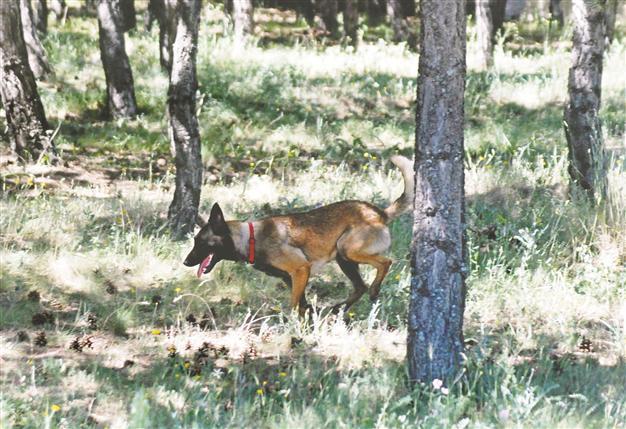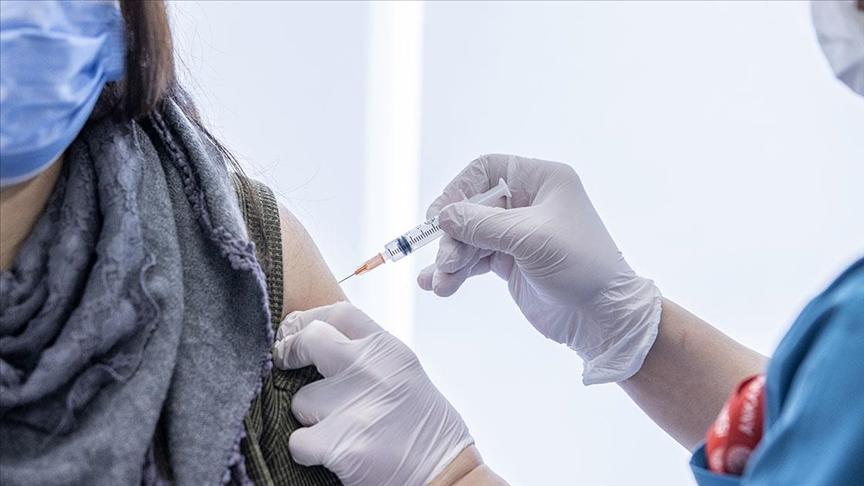Sniffer dogs to help find lost children, criminals
ANKARA - Anatolia News Agency

The Police Department is searching for the best breed of dog to use in tracking lost children and criminals. AA photos
The Turkish police are training a new batch of sniffer dogs not only to apprehend criminals but also to locate lost children, using a new and improved system of educating canines.The director of the Police Department’s Dog Training Center, Oğuz Aydın, said two expert dog trainers had been in Germany for 45 days to personally examine local training methods so as to improve the Turkish approach to canine education. The training project began with one puppy and one adult retriever at Ankara’s Gölbaşı Dog Training Center.
“Although we have just begun the dog training program, both dogs are successful,” Aydın said, noting that the project is in its research and development phase and is also receiving support from the Interior Ministry.
The puppy can now find a hidden target in a small range, while the adult retriever can find a target over a range of 350 meters. After the training program, the dogs’ range may increase to 10 kilometers.
The Police Department is searching for the best kind of tracking dogs to use in police work, Aydın said, adding that the Public Order Department is enthusiastic about the training project. “These dogs will be really helpful in finding lost children, as well as [missing] epilepsy and Alzheimer patients. The Public Order Department has already demanded trained dogs. These tracking dogs will also be used in counter-terrorism efforts, as they will support our security units in strikes against terrorists.”
A small object is enough
Dogs have the best sense of smell, Aydın said. “It is enough just to introduce the odor of a certain person that we are looking for to the dog. As much as people have different kinds of odors, dogs have the ability to distinguish between all of these. After you get the dog to smell the wanted person’s odor, dogs can easily find the person.”
Tracking in an open field is much easier than in a city setting, Aydın said. “Indoor places in the city make tracking harder for dogs, but a person can be tracked in an open field with his or her traces on the ground, even though a person might leave many more traces behind for tracking in the city because they touch more things,” he said. “MOBESE cameras also provide us with pictures, which we can use to narrow the tracking field.”
The research and development work for the training is expected to be completed in four months, after which the dogs will be drafted into police service in cities, Aydın said.
ID card to be issued for dogs
ANKARA – Anatolia News Agency
In order to provide effective disease control the Ministry of Food, Agriculture and Livestock will issue microchip ID cards to dogs and cats, both strays and domestic pets. Cats and dogs will have microchips inserted under their coats by veterinarians and all data on the animals will be kept on a computer.
Identification for new born animals will be done within the first four months of the animal’s life. All information about the animals will be registered in a database within a week. If a pet’s owner changes, the new information will be entered into the database within seven days after the change in ownership.
Animals with microchips will be screened once a year to ensure the chip is still working. Cats and dogs with ID cards will also have a passport.
Expenses of these transactions will be paid by pet owners.
















